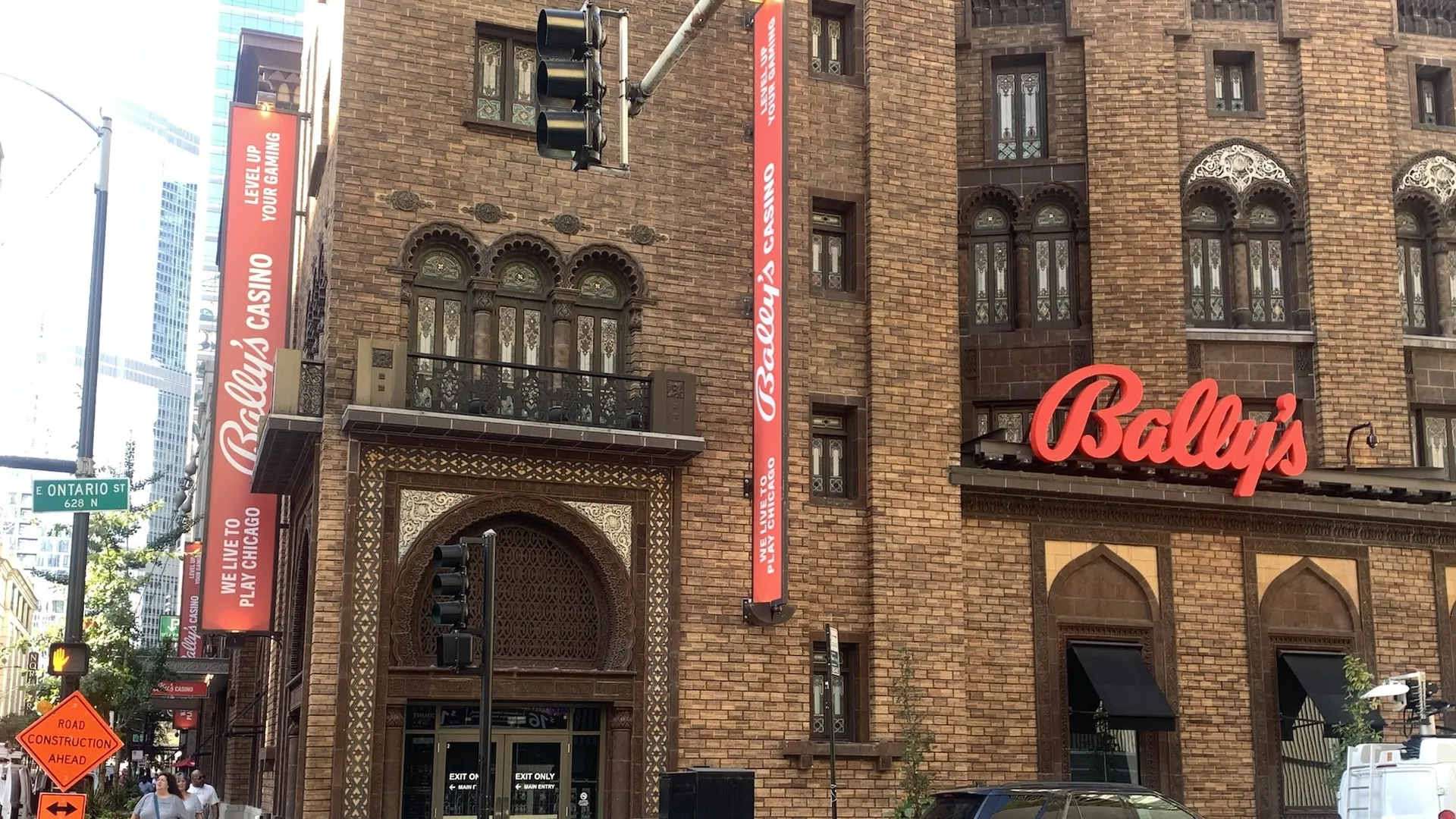CHICAGO — Bally’s Corporation has officially settled a federal lawsuit challenging the race- and gender-based terms tied to its $1.7 billion casino development project in downtown Chicago. While the IPO-related provisions were struck down, one of the most controversial pieces of the plan — a mandate requiring 25% minority ownership — is staying intact.
Lawsuit Settled, But Quota Survives
The legal challenge targeted provisions originally established under former Mayor Lori Lightfoot that required race- and gender-based investor representation in the casino’s ownership structure. Although the lawsuit forced Bally’s to remove race-based IPO conditions, the company confirmed it will continue to follow Chicago’s 25% minority ownership mandate.
Critics argue that this remaining requirement, now supported by Mayor Brandon Johnson’s administration, may eventually lead to another legal battle. The rule was designed to promote diversity in large-scale public-private projects, but opponents say it could open the city to future constitutional challenges.
As reported by Chicago City Wire, Bally’s emphasized its commitment to the city’s diversity goals while also seeking legal resolution to maintain momentum for the casino build-out.
Background on the Controversy
Bally’s secured approval to develop a large entertainment complex on the riverfront that includes a casino, hotel, event center, and green space. But before construction advanced, federal scrutiny emerged over the equity terms — particularly race- and gender-based investment guidelines.
After months of litigation, Bally’s agreed to drop the race-specific IPO structure, which some critics said resembled reverse discrimination. Yet the company remains legally obligated to maintain the broader equity goals set by city officials.
Questions Around DEI in City Contracts
The situation has reignited debate over Diversity, Equity, and Inclusion (DEI) mandates in publicly supported development. Supporters say these rules are essential to building a fairer economy in historically underrepresented communities. But detractors see them as politically driven and legally fragile.
The lawsuit’s resolution does not address the deeper concerns around how DEI policies are implemented — or challenged — in city-funded projects.
Do you think Chicago’s minority ownership rules promote fairness or invite new legal risks? Let us know what you think in the comments on ChicagoSuburbanFamily.com.














